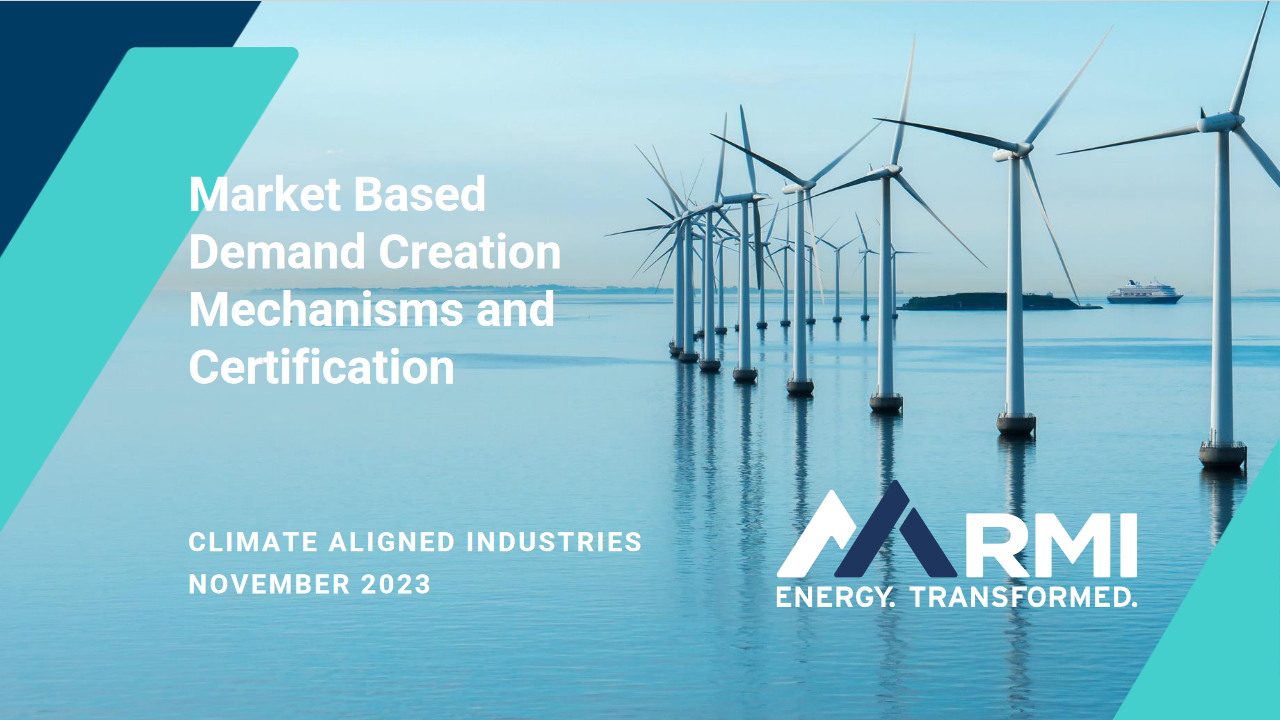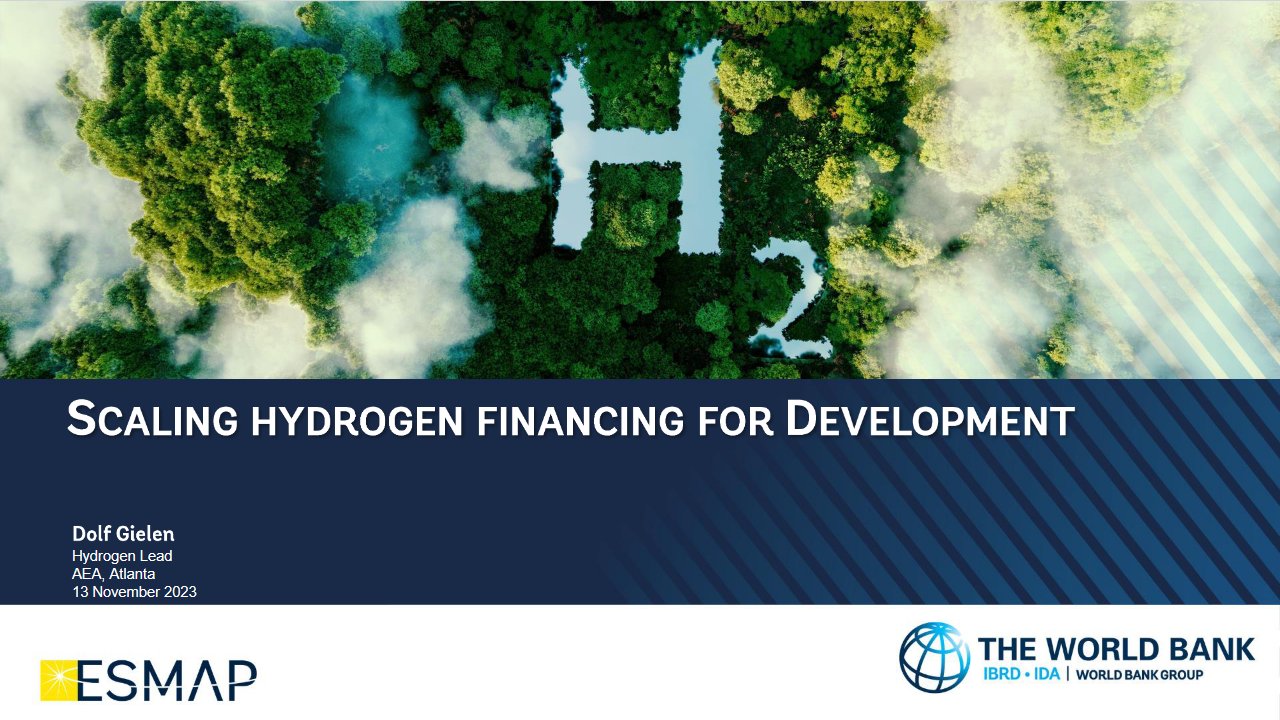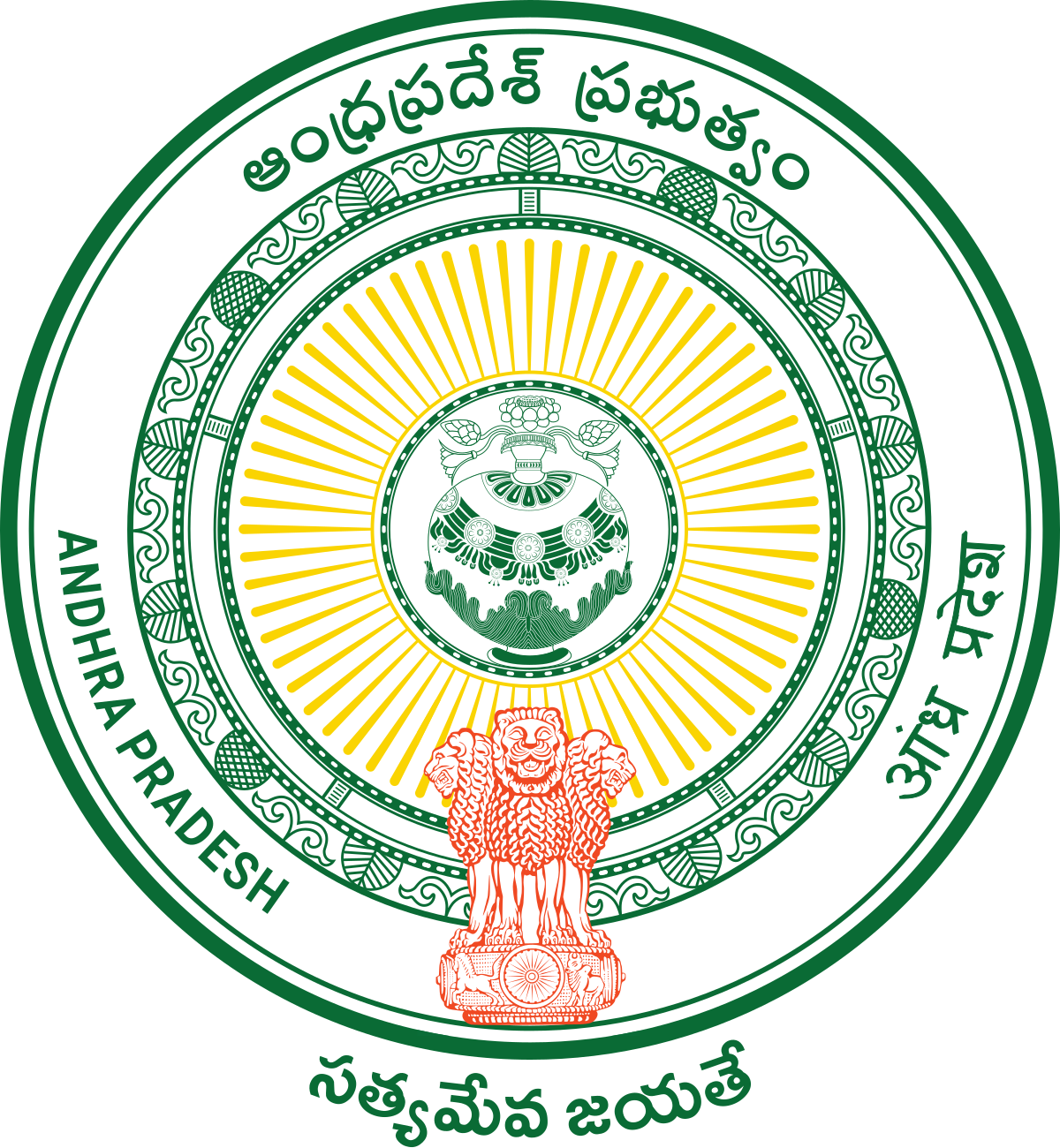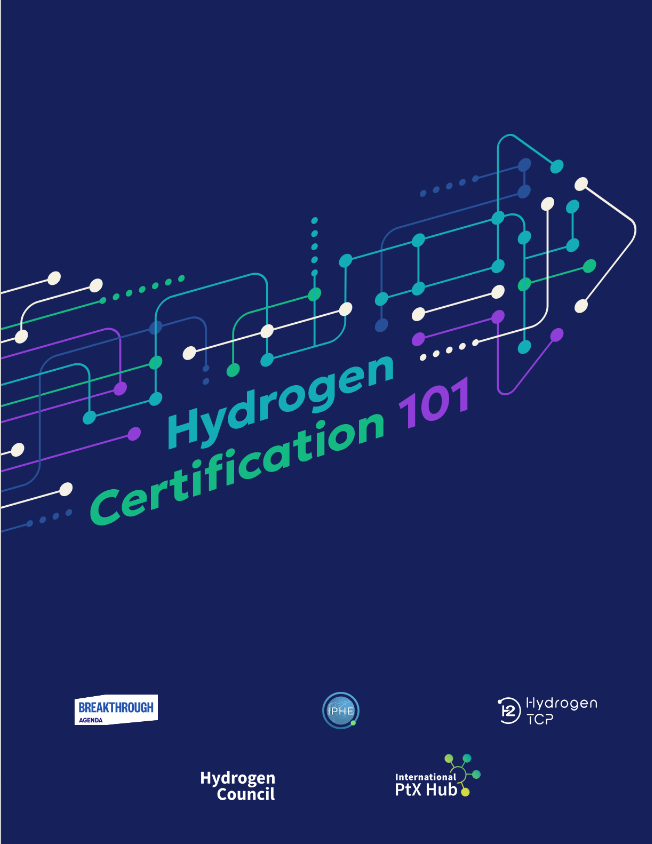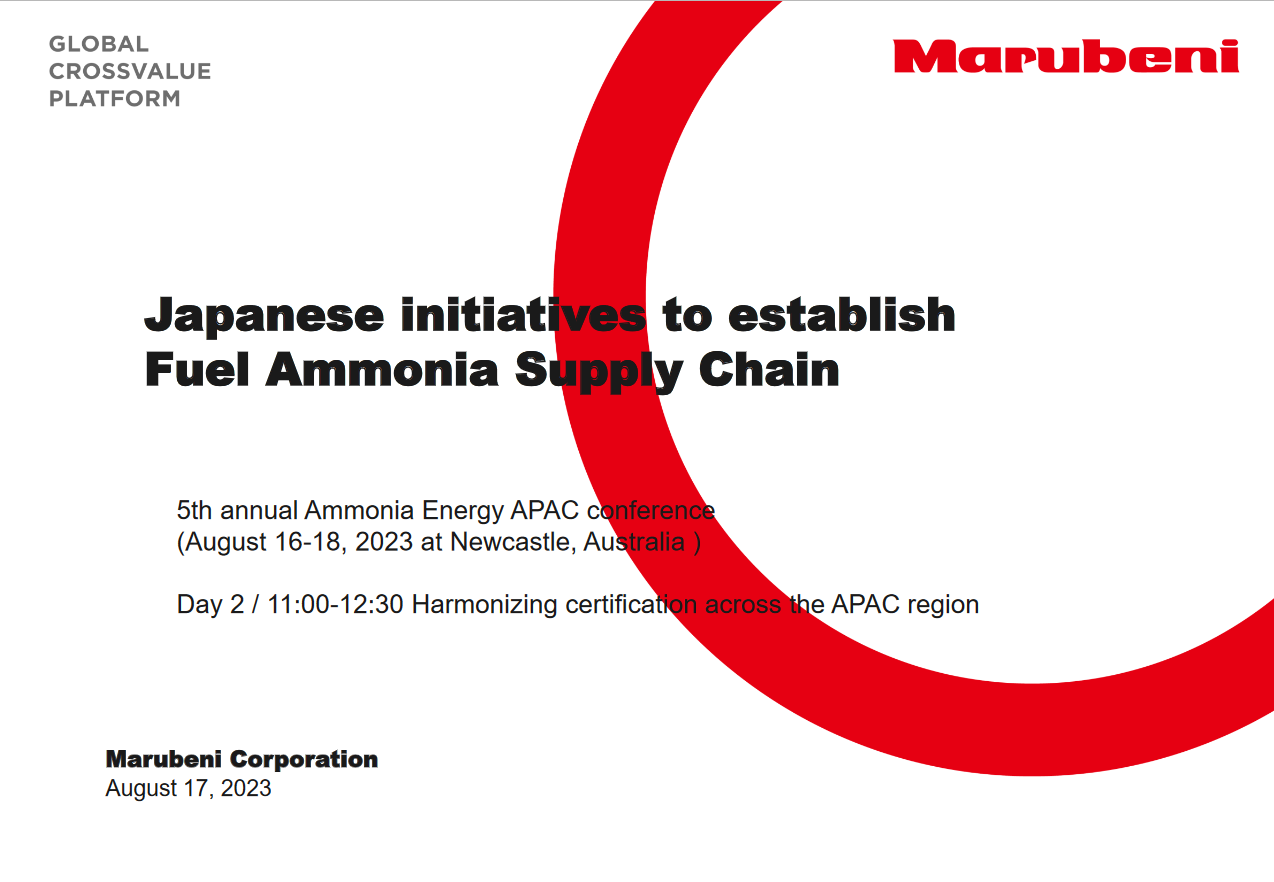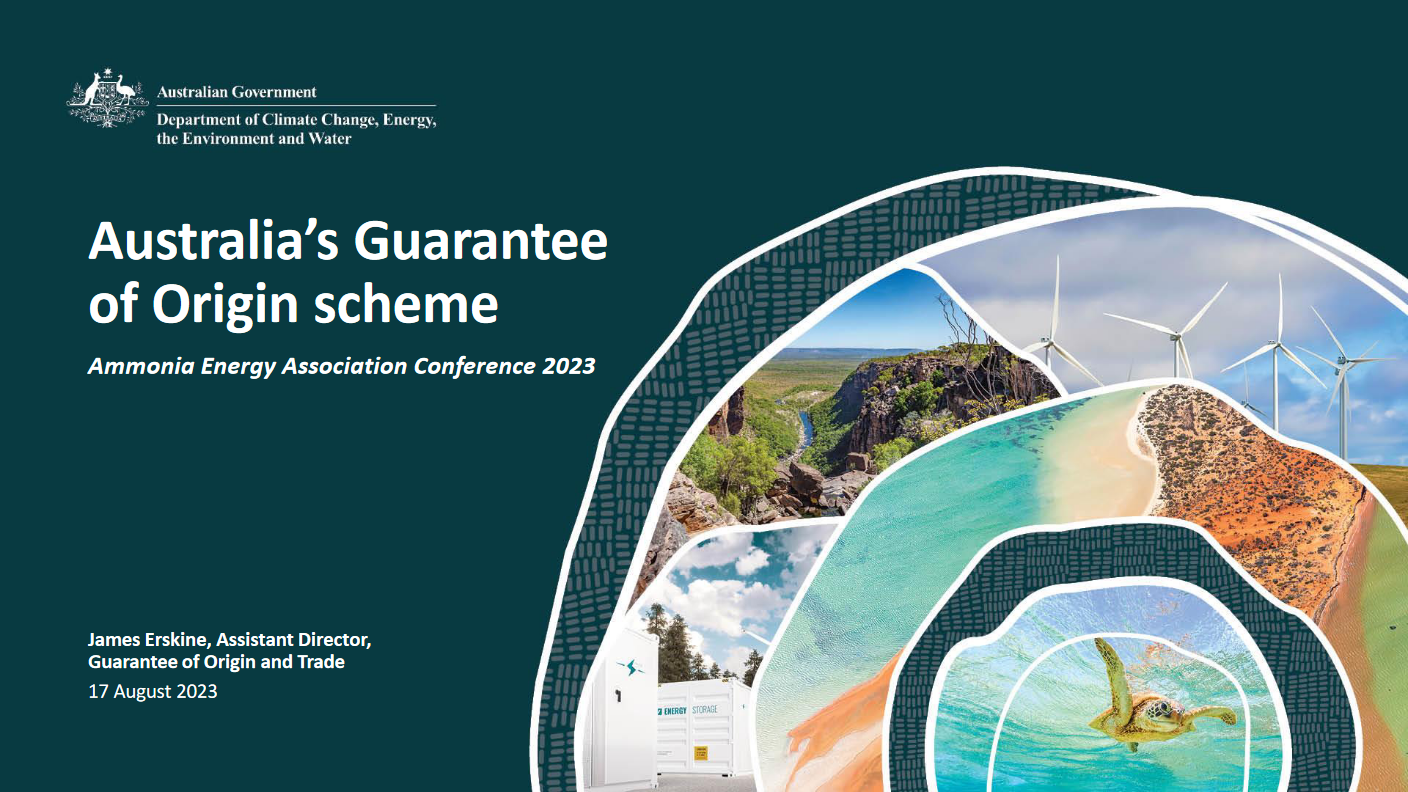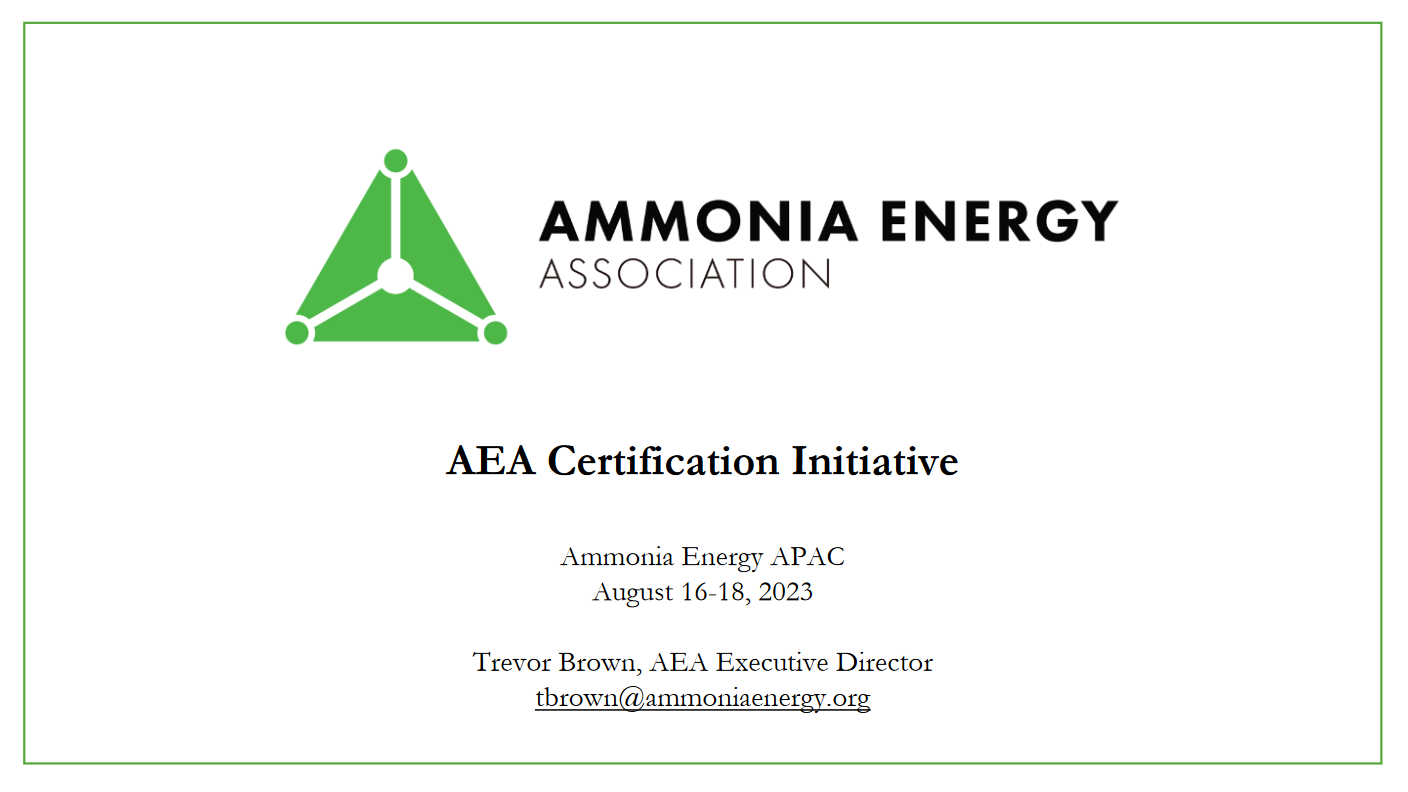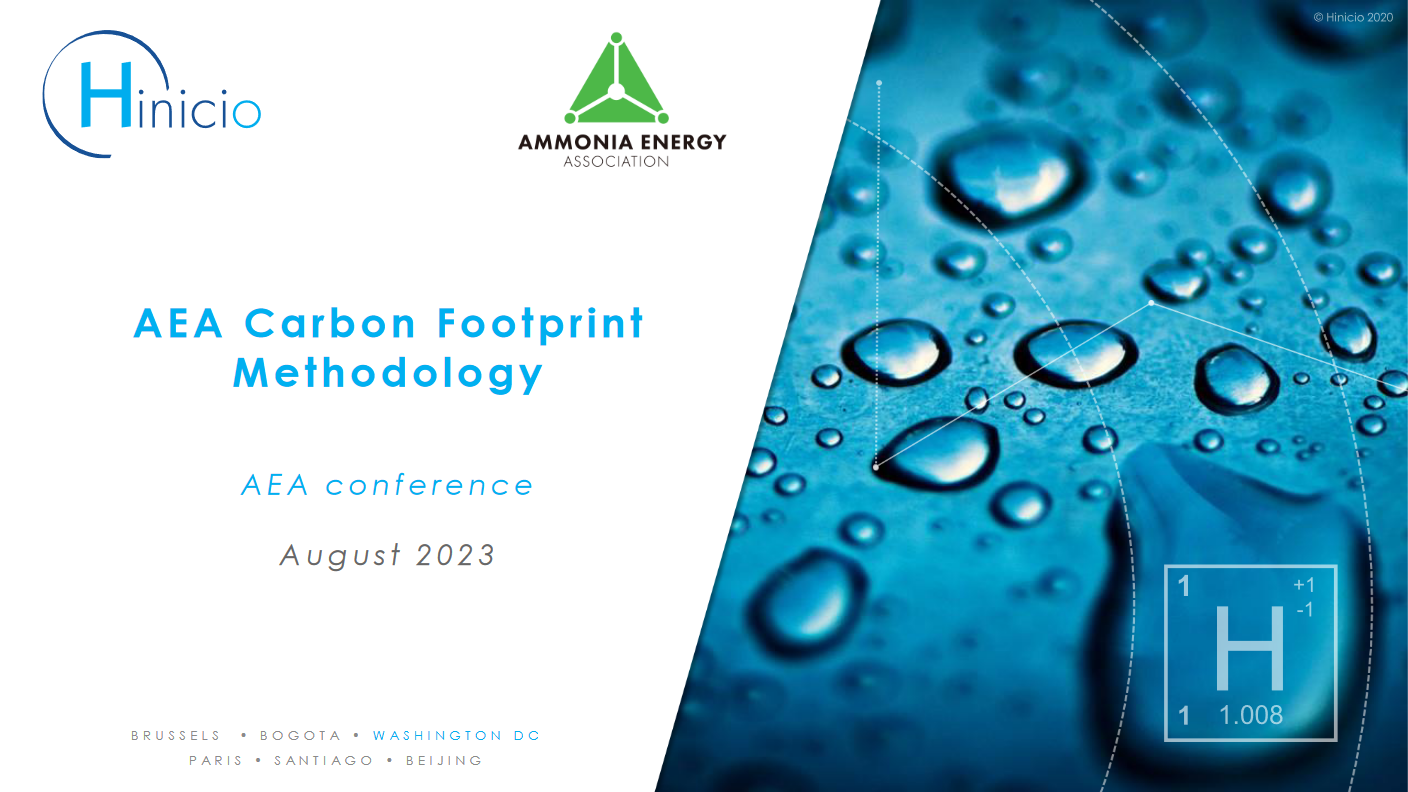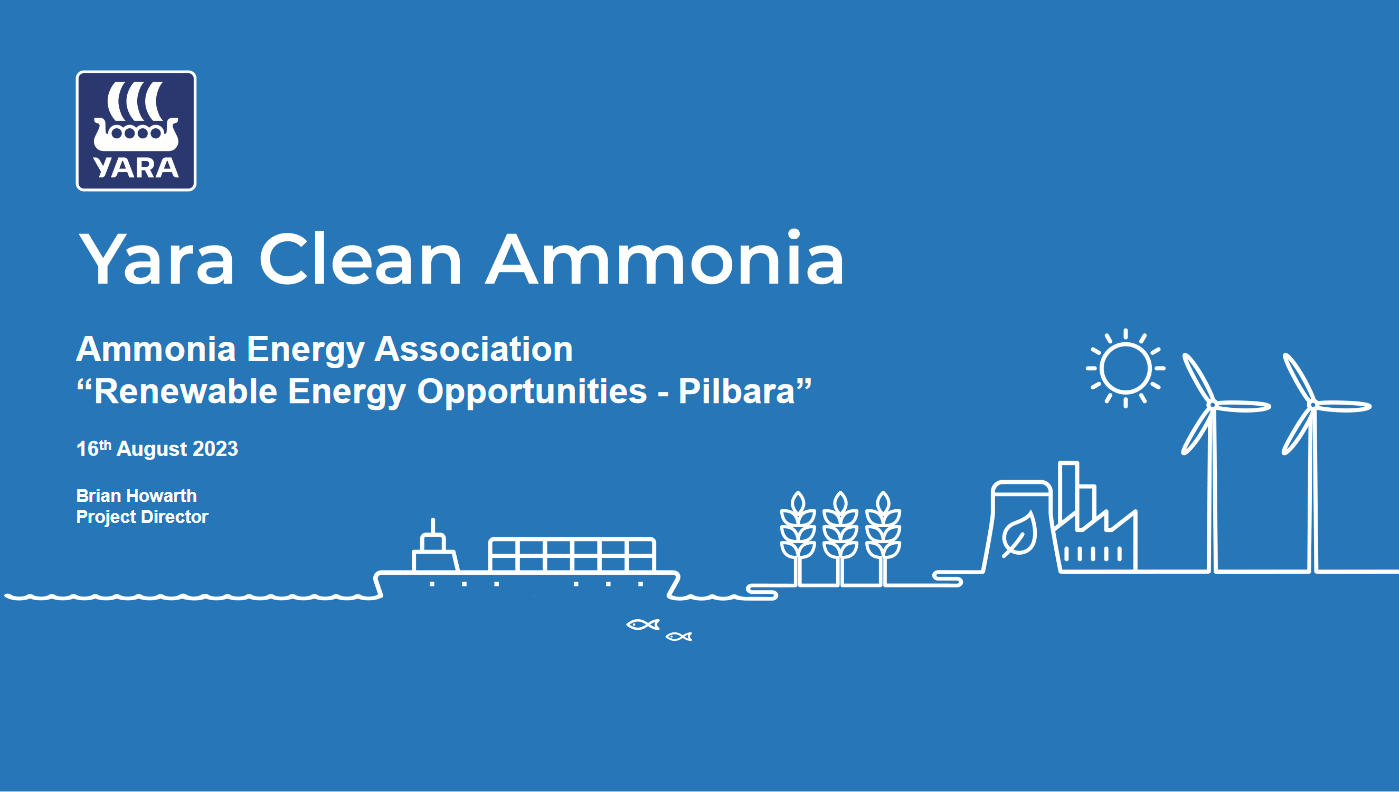Certification
Global Ammonia Certification As Enabler for Accelerated Investment and Financing
Certification with blockchain: H2Global makes the case
In a new policy brief, H2Global sets out the case for the use of blockchain in hydrogen certification. The use of a decentralised, digital, public ledger for key certification data could support the development of radically transparent and secure schemes, though H2Global acknowledges blockchain’s key limitations. To illustrate its potential, H2Global points to the success of two currently operating schemes based on blockchain: “GreenToken” and “Clean Energy Certification as a service” (CEC).
India: new state-level hydrogen & ammonia policy, national hydrogen standard
The state government of Andhra Pradesh launched its new hydrogen and ammonia policy in June, including a production target of up to 2 million tonnes per year of renewable ammonia, plus a raft of incentives to attract project developers to the Indian state. The news comes as India’s Ministry of New and Renewable Energy sets the standard for “green” hydrogen produced in the country.
Certification 101: New Hydrogen Council Report
Hydrogen Certification 101, the Hydrogen Council’s new report, provides a helpful summary of key certification terminology and concepts. It is the latest report to advocate for mutual recognition as a solution to inconsistency in energy policy, while also delving into practical measures to support the fundamental design principles of certification schemes.
